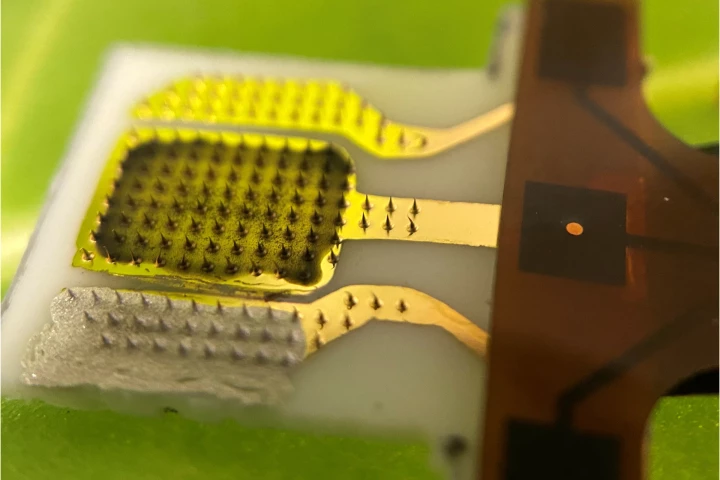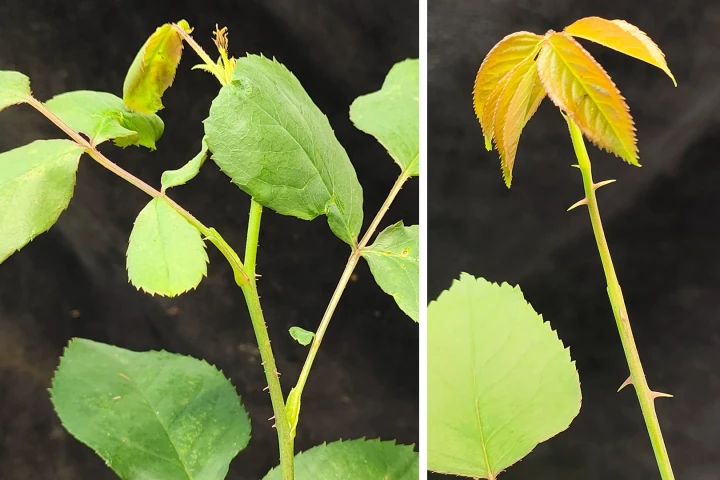Crops
-
For years, we’ve admired plants for their ability to cleanse the air but our green ally might be contributing to air pollution in an unexpected way. While they may be just trying to fend off pests, this mechanism is also harming the environment.
-
The sooner a farmer knows that their crops are suffering, the faster they can take action to prevent major crop failure. A new plant-leaf-poking sensor could soon help them do so, by sending an alert as soon as the plant gets stressed.
-
Scientists have identified new gene modifications that can make tomatoes and eggplants grow bigger, which could help boost yields in developing countries.
-
Crop fertilizers are a major source of pollution, as the chemicals make their way out of the soil and into the environment. Scientists are now working on a solution to that problem, by developing a fertilizer that takes the form of tiny glass beads.
-
When most people think of duckweed, they likely picture a green film growing across the surface of a stinky, stagnant slough. The protein-rich plant may soon be on your plate, however, as it's been approved for human consumption in Europe.
-
When it comes to monitoring the health of crops, aerial images captured by aircraft are only going to tell you so much. That's where an experimental new spectral sensor comes in, as it's mounted directly on the underside of individual plants' leaves.
-
The spraying of orchards and vineyards certainly isn't an eco-friendly process, with tractors spewing exhaust as they douse crops in herbicides and pesticides. That's one of the main reasons the electric, autonomous Prospr robot was created.
-
It's always best if farmers can detect drought stress before crop plants become wilted, weakened and lower-yielding. An experimental new portable device could help in that regard, as it uses ultrasound to spot such stress in its earliest stages.
-
Most of us don’t eat as much fruit and veggies as we know we should, but that goal might now be a bit more achievable. Scientists in Spain have engineered a new “Golden Lettuce” with 30 times more nutrients than the regular green stuff.
-
Glass-fragment waste typically just ends up in landfills, but perhaps that doesn't always have to be the case. A study shows that ground glass particles can be mixed with soil to produce a plant growth medium that's actually better than soil alone.
-
Everybody loves roses, but we'd probably love them even more if they didn't have those sharp thorns. Well, scientists have found a way of growing thornless roses, and their findings could lead to easier-to-harvest crops.
-
Scientists at the University of Texas at Austin have developed a “smart soil” that can keep plants better hydrated and provide a controlled release of nutrients. In tests it drastically improved crop growth while using far less water.
Load More











